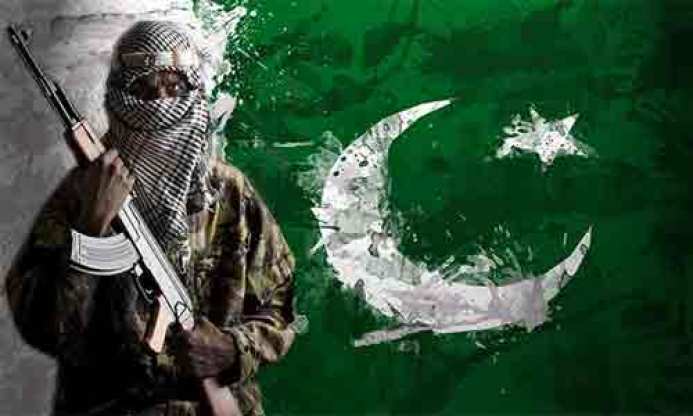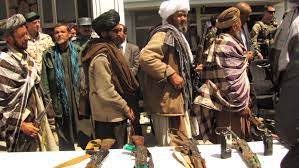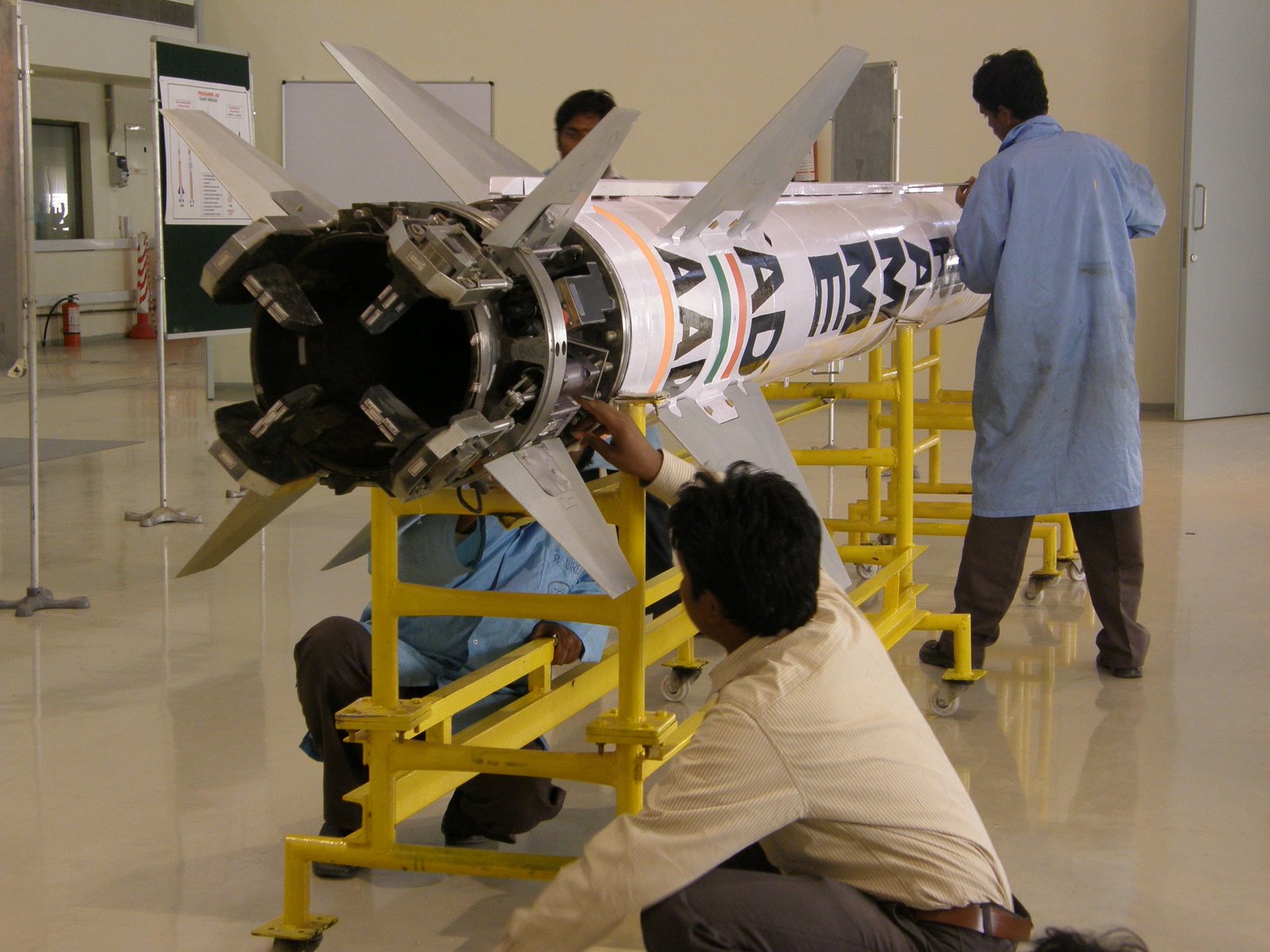
The US retreat and subsequent invasion of Afghanistan and its capture by Pakistan using its proxy Taliban has not only exposed the inability of the world to comprehend the multi dimensions of the ongoing religious war but has also emboldened hundreds of Islamic organizations and also vindicated Pakistan’s policy of using terror Groups as a tool of foreign policy.
Many other States have Indulged in Proxy War
Although almost all the States have at some time or the other waged a proxy war. President Dwight D Eisenhower once called proxy wars ‘the cheapest insurance in the world’, while former Pakistani President Zia-ul- Haq deemed them necessary to ‘keep the pot boiling’ has proved to be an irresistible strategic allurement for nations and Pakistan has virtually succeeded in this.
However, these Proxies used by Pakistan are for a different purpose and motivation; they all are striving for establishment of Islamic rule through Islamic Shariat. The foot soldiers are indoctrinated at Madrasas by Maulanas located in Pakistan and sent to fight for Islam. They are challenging the global community in the guise of Religious freedom and destroying others religious freedom.
Essential Features of Proxy War
The proxy war has no clear boundaries, leads to conflicts between communities, encourages foreign interventions and grants legitimacy to violence and its difficult to prove. In this conflict non-state actors become a major force . Everywhere, be it Palestine, Syria, Lebanon, Iraq , Afghanistan this use of Proxies has led to a potential increase in the engagement of proxy strategies by states.
The Support for a proxy often leads other states to back their own favored horse, which worsens the overall conflict. For instance ; Lebanon, Syria and now Afghanistan where too many nations get involved and start meddling in and supporting their own horses/ factions. This, in turn, also increases the independence of the proxies as they could threaten to turn to other powers if they felt unsupported.
So, even if Pakistan due to its deteriorating economic situation may in future want to stop sponsoring proxies, it will not be able to shut the doors for all the terror groups that thrive on its soil. There is now a huge huge eco system that manages these hundreds of Jehadi groups, and if it tries to do that, it will be at its own peril.
Can The Sponsorer distance himself from the Proxy?
If the sponsoring state believes its proxy is no longer a useful military tool—because the proxy has shown itself to be an ineffective fighting force for the main military aim the state sponsorer—the sponsorer is likely to draw down its investment. In Kashmir many such Tanzeems who could not deliver fell out of favour of ISI.
However, Pakistan over a period of 40 years has acquired the ability of creating numerous proxy groups and Taliban has now emerged as a formidable Proxy group. It is also possible that the proxies may get disinterested and abandon their sponsors, refuse to continue receiving support from them, or distance themselves particularly when the relationship has shown itself no longer beneficial to the proxy or, more importantly, the war/ sponsorship appears to be a barrier to key goals the proxy wants to pursue,
This can be a possibility in India because India is amongst the top economies of the world and provides numerous opportunities of growth. It is also a vibrant democracy which does not stifle any ones voice/ opposition. The manner in which millions of Afghans tried escaping after the Taliban take over is an indication that even amongst the Muslims there is a large percentage of population who aspires to live in freedom and grow economically.
Hence, if the Communal environment remains healthy in India and it continues to grow economically the chances are that the local proxies may break that relation. For instance in Kashmir, where the locals are no more interested in fighting and as a result Pakistan has to create Proxies from within its own population. The LET, JEM etc are largely drawing its men from Pakistan and not from Kashmir.
The Unique Features of Religious war against India.

Pakistan over a period of 40 years fighting Russians, Americans and Indians using its proxies has created an eco system which has certain unique features. These have to be identified while preparing a strategy to deal with this Proxy war.
One. Choking is Impossible. There is no dearth of funds, with the Proxies and choking them is not going to serve any purpose. They can sustain themselves by generating enough funds using fake currency, through hawala market, through drug trade . One may make transfer of funds difficult but to choke them is going to be impossible, so hurting them economically may not be a sole solution, yes it can be a part of a holistic solution. However, Pakistan as a Sponsorer can be choked by International community and compelled to take action against these proxies. Moreover with Afghanistan now in its bag, opium trade is likely to flourish.
Two. Human Resource will never be a problem. These Proxy groups draw their soldiers and leaders from a society which is not interested in producing Engineers, Doctors, Managers and scholars and they have little interest in setting up industries and business enterprises. Their sole purpose is to spread Islamic Sharia rule. They come from Madrasas and streets of Pakistan where modern education has little importance. Jehad itself has become an occupation. Therefore, there will never be any shortage of human resource to them. Astonishingly, even educated scholars have joined their ranks for the spread of Islam.
Read more ...





